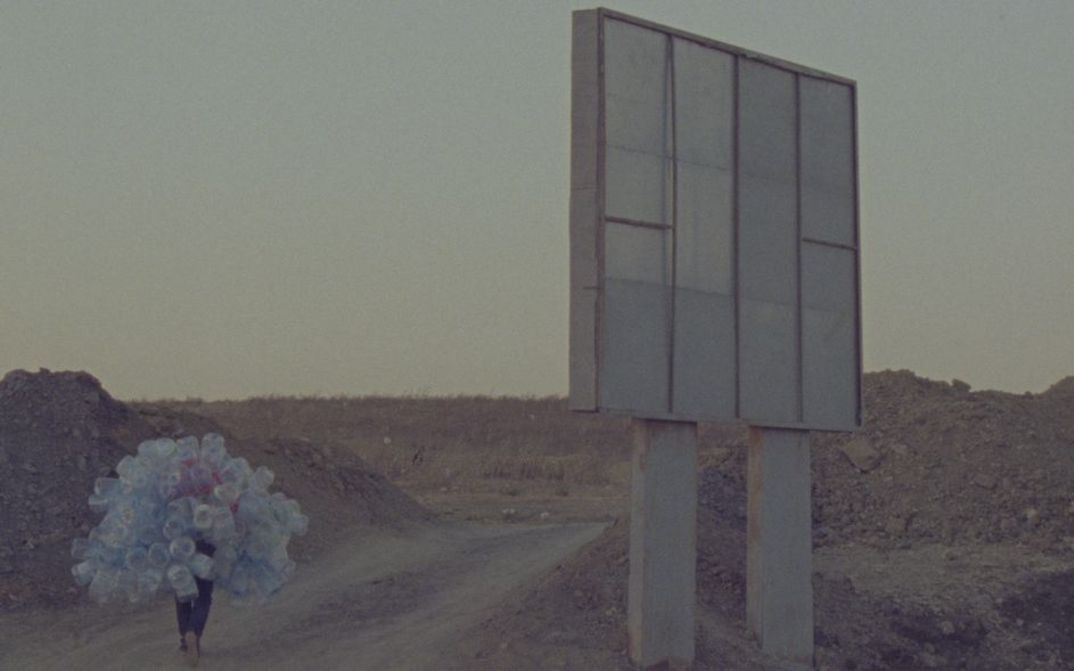Goethe-Institutes India and Sri Lanka: Films from the Arsenal archive (2)

A comprehensive program got started in the cities of Neu Delhi, Kolkata, Mumbai, Pune and Bangalore in November that was developed in collaboration with the local Goethe-Instituts and additional partners. In December, two further locations in India and Sri Lanka now follow.
Chennai: Two films by the Yugantar Collective will be screened in the presence of director Deepa Dhanraj: TAMBAKU CHAAKILA OOB ALI (Tobacco Embers, 1982), which is about one of the biggest workers’ movements of that era, and SUDESHA (1983), the portrait of a female activist working in the Chipko forestry protection movement in the foothills of the Himalayas. The event will be accompanied by a conversation with director about her documentary filmmaking practice, which began in the early 80s as part of the Yugantar feminist film collective and extends all the way into the present. (2.12.)
Colombo: One a month, the Goethe-Institut Sri Lanka presents the Film Forum in collaboration with curator Anomaa Rajakaruna. For the December program, she has selected DE CIERTA MANERA (Sara Gómez, Cuba 1974), in which the director grapples with the transformation processes in Cuban society. The film forms the starting point for a masterclass on the subject of restoration as part of this year’s Agenda 14 Short Film Festival, which Rajakaruna founded and has directed ever since. As a carte blanche, the festival also presents the program “How Soon Is Never?” with short films from the 70s and newer productions that were screened as part of the Berlinale Forum Expanded program. Structures of oppression form the connecting element between all the films: they give accounts of helplessness (ADONIS XIV, Bako Sádykov, Tadjik SSR 1977) and resilience (ATLANT, Nana Djordjadze, Georgian SSR 1979 and IN PRAISE OF SLOWNESS, Hicham Garden, UK/Italy 2023), reveal colonial structures by way of archive material (KAPITA, Patna Ndaliko Katondolo, USA 2020), are confronted by a place and the burden of its history (BÖSE ZU SEIN IST AUCH EIN BEWEIS VON GEFÜHL, Cynthia Beatt, West Germany 1983) and form collective resistance by making history their own (NEVER, Armando Lulaj, Albania 2013). (3.–5.12.) (Markus Ruff)